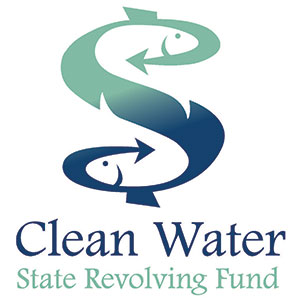State Water Board Adopts Definition of Microplastics
At its June 16 meeting, the State Water Resources Control Board adopted a definition of microplastics in drinking water. In the days leading up to the State Water Board meeting, the proposed definition was expanded to encompass particles an order of magnitude smaller than originally proposed. These “nanoplastics” are distinct from microplastics, pose different risks and impacts, and require detection through different and more costly laboratory instrumentation. During the State Water Board workshop in April, staff explained at numerous junctions why nanoplastics had been excluded from the proposed definition, but after a brief discussion the Board ultimately adopted the revised version including nanoplastics. An accompanying change sheet was adopted with a provision certifying the required administrative processes must be followed before the definition is used for regulatory purposes.
 On June 16, the State Water Board adopted its annual Intended Use Plan (IUP) for the Clean Water State Revolving Fund. The IUP is the business plan for the upcoming fiscal year and calls for funding 66 “carry-over” projects from last year’s list that were not completed, as well as five additional projects totaling $303 million in new funding. CASA and WateReuse CA provided testimony and joint comments on the IUP, urging the Water Board to increase expenditures to address California’s wastewater and recycled water needs. CASA also requested that an additional 18 projects be added to the fundable list. The Water Board took a position that authorized staff to add the projects if “sufficient progress” is made in resolving the backlog by October 31.
On June 16, the State Water Board adopted its annual Intended Use Plan (IUP) for the Clean Water State Revolving Fund. The IUP is the business plan for the upcoming fiscal year and calls for funding 66 “carry-over” projects from last year’s list that were not completed, as well as five additional projects totaling $303 million in new funding. CASA and WateReuse CA provided testimony and joint comments on the IUP, urging the Water Board to increase expenditures to address California’s wastewater and recycled water needs. CASA also requested that an additional 18 projects be added to the fundable list. The Water Board took a position that authorized staff to add the projects if “sufficient progress” is made in resolving the backlog by October 31.




 @CASA_CleanWater
@CASA_CleanWater